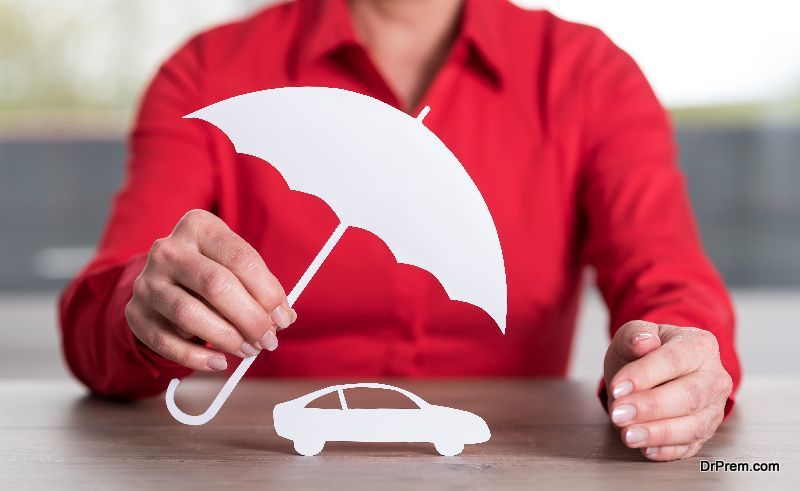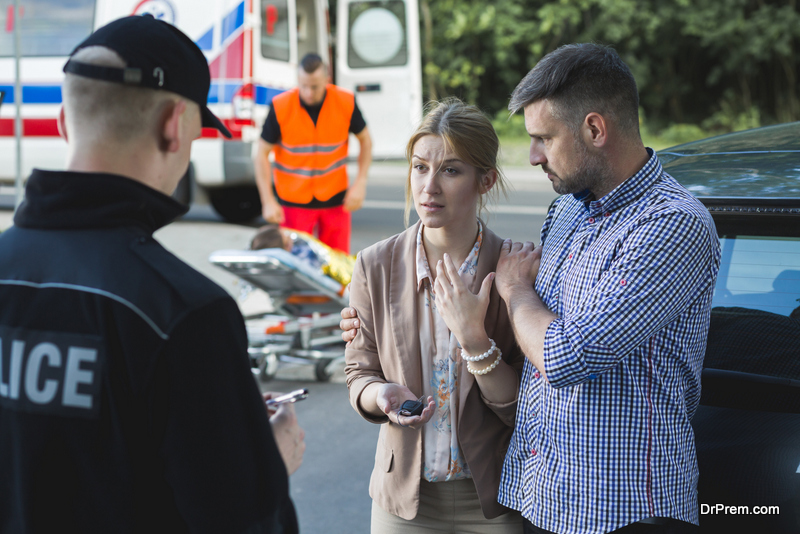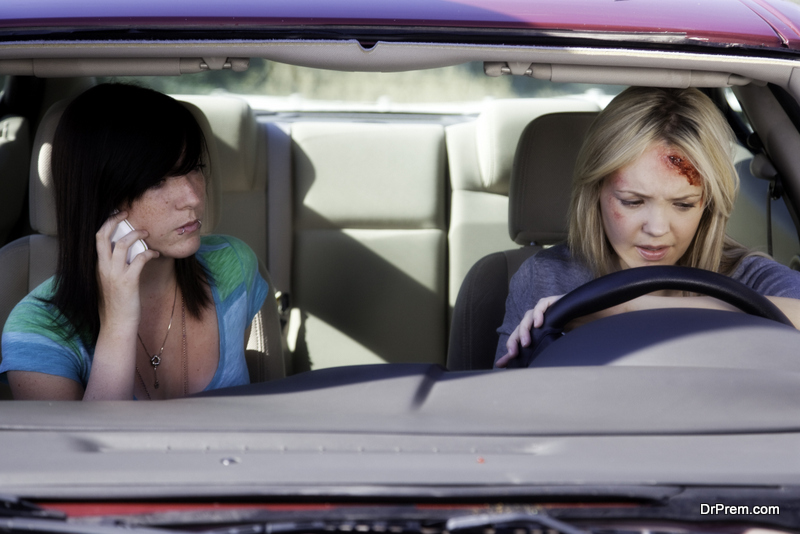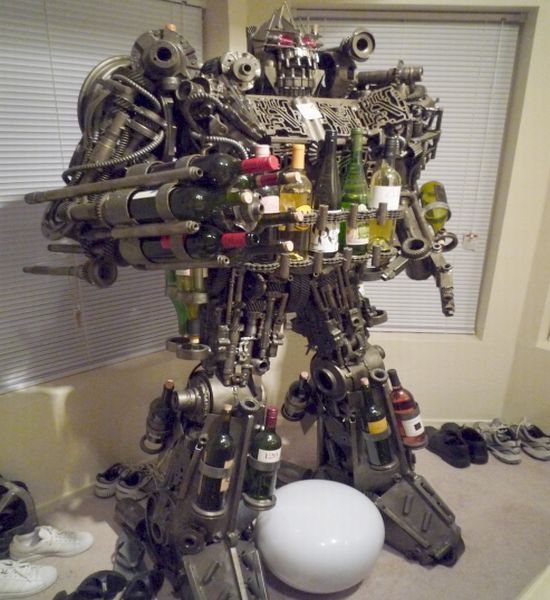Teaching your child to drive is both nerve-wracking and exciting. It’s nerve-wracking because you’re putting your child behind the wheel of a vehicle and trusting not only them to do well, but trusting others to drive safe too. It’s exciting because it means they’re growing up (and can now drive themselves to work/practice/school/etc.) However, while your teen learns to drive, he/she will need his/her learner’s permit. But what do you do if your teen gets in a car accident while driving with their learner’s permit?
1. Make sure your child is covered under your insurance

Most states require drivers to have auto insurance even while on a learner’s permit. If your child is driving your vehicle, it’s time to add them to your insurance policy. Even if this means your child is learning only a few days a week, you still need to add him or her to your policy. Most insurance companies can add your child directly to your current policy, so it won’t take much for you to get this done. But if your child gets into an accident with their permit, knowing they’re covered will bring more peace of mind.
2. Teach your child about how to handle accidents.
Before your child even hits the road, it’s important to teach them how to react during an accident. Walk them through everything they need to do, such as calling the police, not admitting fault, moving off the road (if possible), providing all documentation, etc. Your child will likely be scared or nervous if they get into an accident, but having a talk with them ahead of time can make the situation better.
Since your child will be on a permit, they will have an adult with them should they get into an accident. If this happened with your child, be sure to responsibly be a role model they need during the situation. Getting angry or upset will only make the situation worse. According to Hand Law hit and run lawyers, “Auto accidents can be a hard to deal with, especially for those who aren’t prepared. However, when people handle accidents appropriately, it can make the rest of the situation easier to handle.” Make sure your child knows where to find an insurance card, registration, and their license to provide first responders after the accident.
3. Report the accident.

Use the accident as a learning opportunity for your child and bring them alongside you as you report the accident. Whether you are talking with the police officers at the site of the accident or if you are talking with your insurance company, having your child see how to handle it is an important lesson.
After the accident has occurred, be sure to report the accident to your insurance company so they can help cover the cost of any damage that may have been done, whether to your car or other vehicles. Your insurance company will walk you through anything else you may need to do in order to get the claim filed properly, so be sure to follow their instructions.
4. Determine future license privileges.
If your child gets into an accident with his or her learner’s permit, it may be likely the state will push back the date when he/she can get his/her license. Some states have different laws than others, so the result will depend on the state you live in as well as the severity of the accident.
However, if the state does not intervene with your child’s license, you as a parent have the ability to determine if your child should wait longer to get it. This is a conversation both parents should have together, both for the safety of your teen driver and others on the road. If you do decide to hold off on allowing your teen to get his/her license, then you need to have that conversation with your teen so they understand.
Having a teen driver is not something to take lightly, and if your teen gets into an accident, you want to know what to expect. To be fully aware of what will happen, it’s best to either contact your insurance company or local law enforcement to find out your state’s rules and regulations. The more you know about the situation, the better prepared you can be.
Article Submitted By Community Writer




